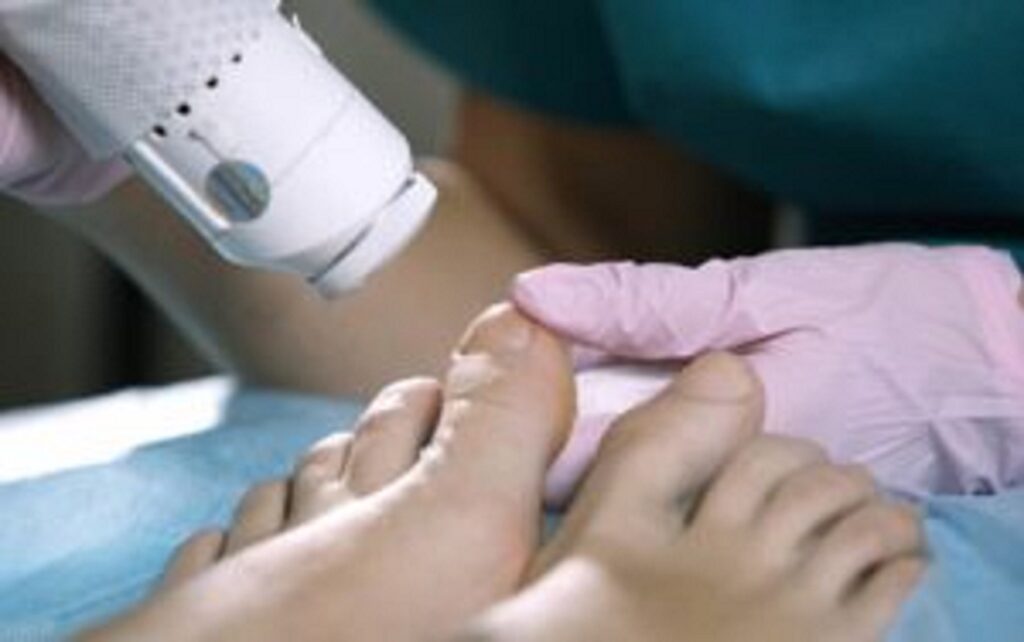Stubbornness of Fungus: Why are they persistent?
Fungal nails, also known as onychomycosis, can be a persistent and frustrating challenge for many individuals. The stubborn nature of these infections often leads to a prolonged battle against discolored, thickened and brittle nails.
Traditional treatments often fall short, leaving many individuals frustrated and self-conscious about the appearance of their nails.
Fungal nails are often caused by dermatophytes, yeasts or molds infiltrating the nails. The structure of nails, with its hard keratin composition, then creates a protective environment for fungi, making them challenging to eliminate.
Fungal infection of the foot (athlete’s foot) can spread to the nail and a fungal infection of the nail can spread to the foot. You can also get the infection from contact with spaces where fungi can thrive, such as the floor tiles in a gym shower or inside dark, sweaty, moist shoes.
Risk Factors
- Age. Fungal nails are more common in older adults.
- Foot Trauma. Injuries to the nails or surrounding skin increase the risk.
- Athlete’s Foot. Having athlete’s foot, a fungal infection of the skin, increases the likelihood of fungal nail infection.
- Medical Conditions. Conditions like diabetes, weakened immune system as well as poor circulation can make individuals more susceptible.
- Family History. A genetic predisposition may contribute.
Prevention of Nail Fungus
- Keep Feet Dry. Ensure feet are thoroughly dried, especially between the toes, after washing.
- Proper Footwear. Wear breathable shoes and moisture-wicking socks.
- Avoid Barefoot Walking. Especially in communal areas like locker rooms and showers.
- Regular Nail Trimming. Trim nails straight across and also keep them at a moderate length.
- Avoid Nail Trauma. Be cautious to avoid injuries to the nails and surrounding skin.
Moreover, the treatment of fungal nails can vary depending on the severity of the infection and individual factors.
Laser treatment, mixing topical antifungals as well as strong carbamide-containing creams can all form a part of a larger treatment protocol.
If you suspect a fungal nail infection, consult with a podiatrist for accurate diagnosis and appropriate treatment options.
Are you suffering from any foot condition? At The Chelsea Clinic, we can help. One of our podiatrist can assist and then recommend what treatments are best to get you back on track. Podiatrist South Kensington
Schedule an appointment here or you may call us at +44 (0) 207 101 4000.
We hope you have a feetastic day!
-The Chelsea Clinic and Team




